10 Greatest Leaders of the Ancient World and Their Legacies
The ancient world was shaped by extraordinary leaders whose visions and achievements left indelible marks on history. These leaders not only commanded vast empires but also influenced cultures, economies, and innovations that resonate even today. Let’s delve into the lives and legacies of the 10 greatest leaders of the ancient world.
Exploring the Greatest Leaders of History
Who Were the Greatest Leaders of the Ancient World?
The ancient world was defined by extraordinary individuals whose leadership shaped civilizations, cultures, and societies. These Greatest Leaders set the foundation for many aspects of modern governance, military strategy, and cultural development. By understanding their legacies, we gain insights into the principles of power and influence that still resonate today.
The ancient world was shaped by extraordinary leaders whose visions and achievements left indelible marks on history. These leaders not only commanded vast empires but also influenced cultures, economies, and innovations that resonate even today. Let’s delve into the lives and legacies of the 10 greatest leaders of the ancient world.
1. Alexander the Great: The Conqueror of Worlds
Alexander III of Macedon, better known as Alexander the Great, created one of the largest empires in history by the age of 30. His military genius and ambition led him to conquer territories from Greece to India. Alexander’s legacy lies in the spread of Hellenistic culture, blending Greek, Persian, Egyptian, and Indian influences, which shaped civilizations for centuries.
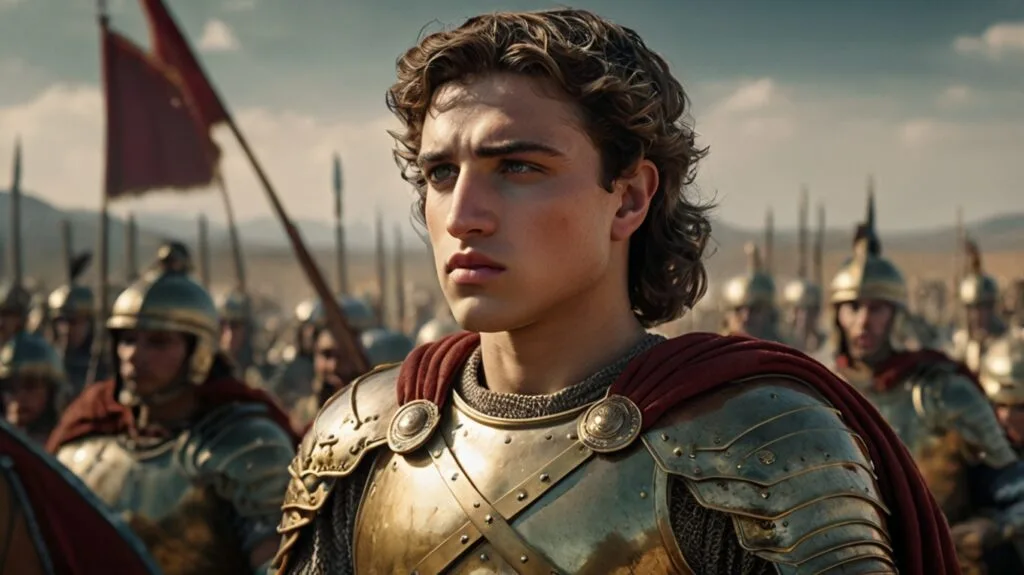
2. Cleopatra VII: The Queen of the Nile
As the last active ruler of the Ptolemaic Kingdom of Egypt, Cleopatra was a symbol of intelligence and political acumen. Her alliances with Julius Caesar and Mark Antony exemplify her strategic use of diplomacy and personal relationships to protect Egypt from Roman domination. Cleopatra’s legacy endures as a powerful female leader in a male-dominated world.
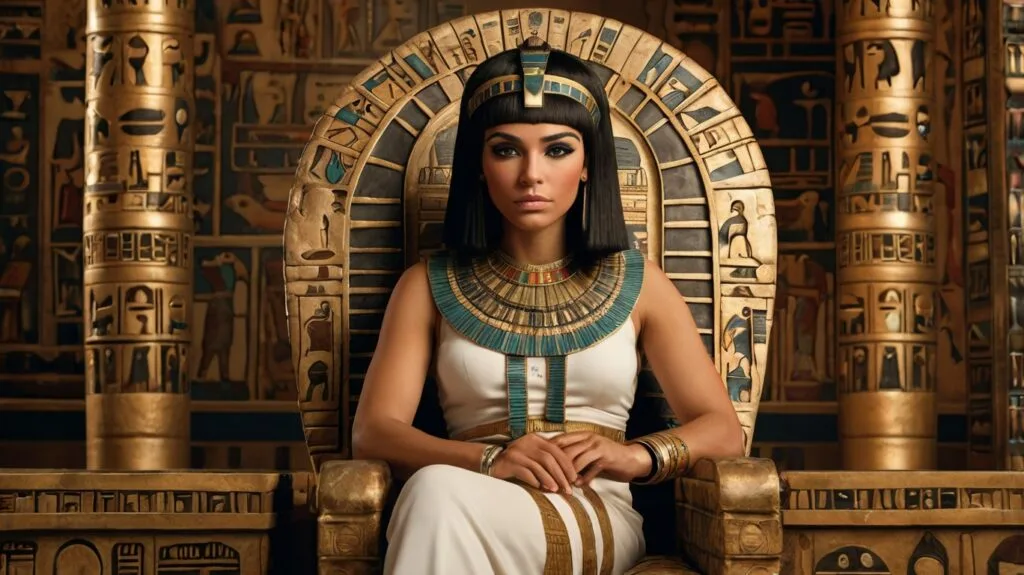
3. Julius Caesar: The Architect of the Roman Empire
Julius Caesar’s military conquests and reforms transformed the Roman Republic into the Roman Empire. Known for his pivotal role in the Gallic Wars, Caesar’s assassination marked the end of the Republic and the rise of imperial Rome. His legacy lives on in the Julian calendar and the political systems influenced by his governance.
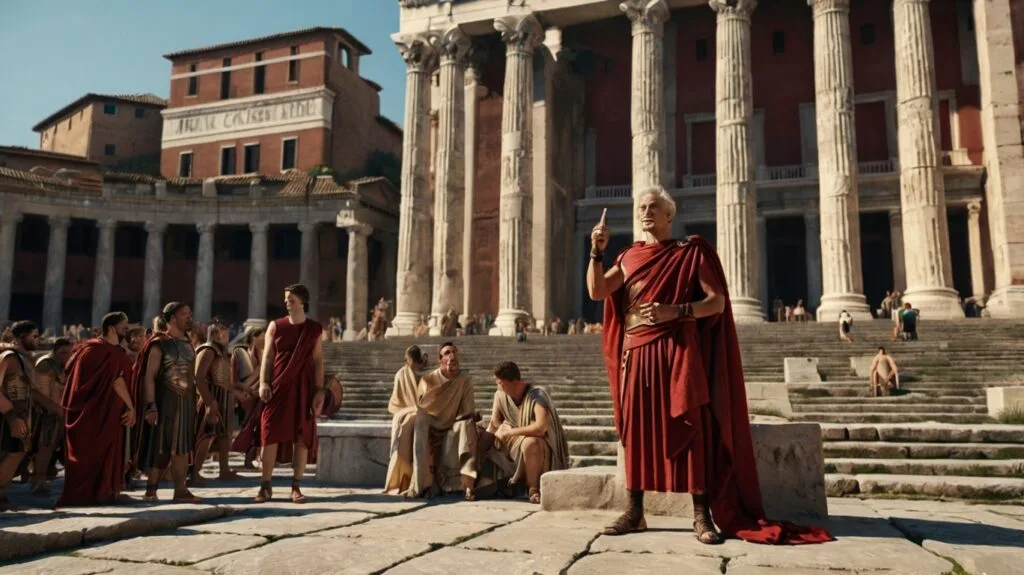
4. Ashoka the Great: The Emperor of Peace
The Indian Mauryan emperor Ashoka the Great is remembered for his transformation from a ruthless conqueror to a devout Buddhist promoting peace and nonviolence. His edicts, inscribed on pillars and rocks across his empire, advocated for ethical governance and religious tolerance. Ashoka’s legacy lies in his commitment to Dharma and spreading Buddhism worldwide.
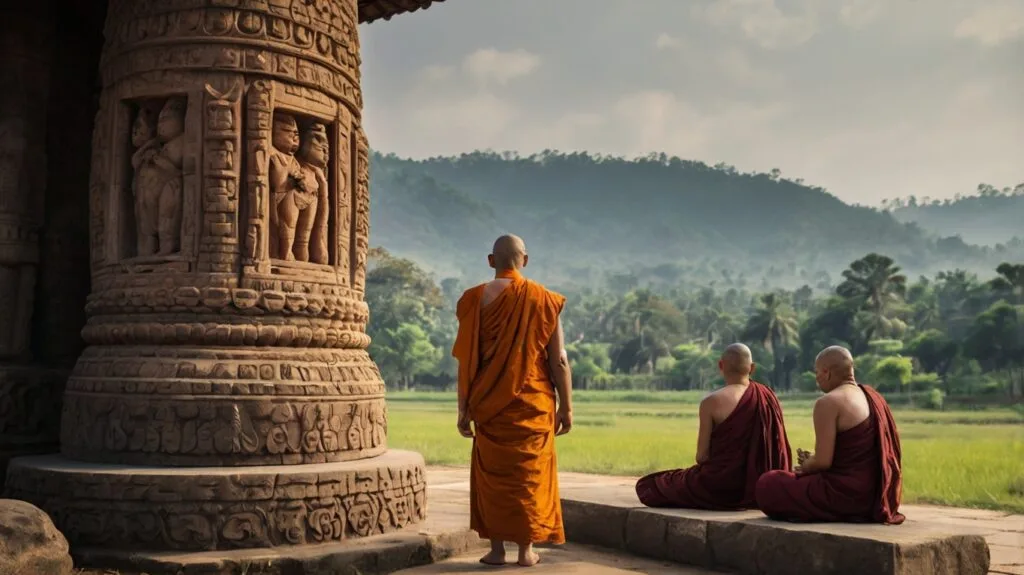
5. Ramses II: The Great Builder of Egypt
Ramses II, often called Ramses the Great, was one of Egypt’s most powerful pharaohs. Known for his extensive building projects, including the temples at Abu Simbel, Ramses II also secured Egypt’s borders through military campaigns. His legacy as a great builder and diplomat endures in the monuments that still stand today.
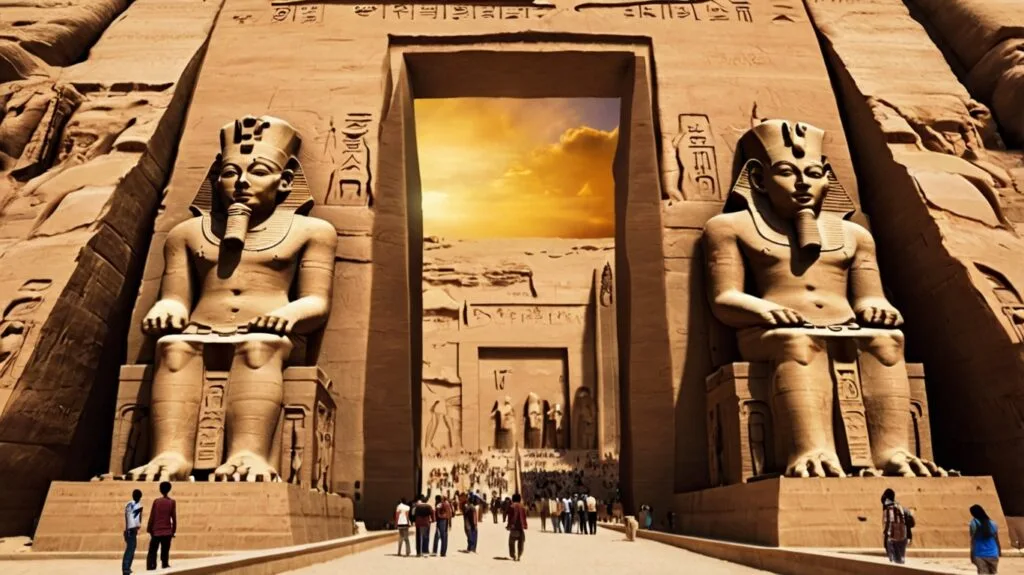
6. Cyrus the Great: The Founder of the Persian Empire
Cyrus the Great established the Achaemenid Empire, uniting diverse cultures under a single administration. Renowned for his humane governance, Cyrus issued the Cyrus Cylinder, often considered the first declaration of human rights. His legacy as a just and tolerant ruler remains an inspiration in world history.
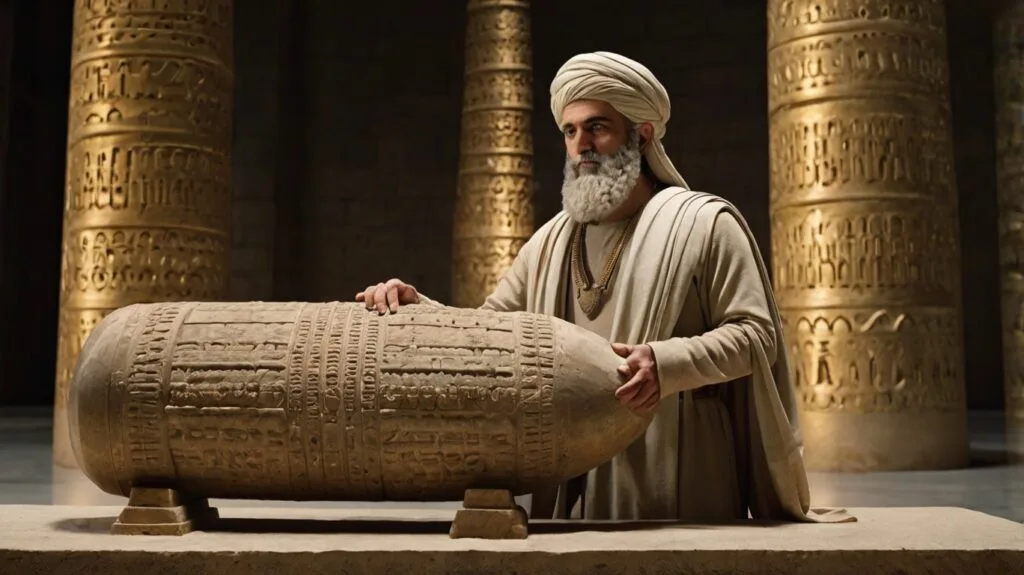
7. Qin Shi Huang: The First Emperor of China
Qin Shi Huang unified China and laid the foundations of the Chinese state that endured for over two millennia. Known for initiating the construction of the Great Wall and the Terracotta Army, his centralization reforms shaped China’s governance. His legacy includes monumental achievements and controversial policies like book burnings.
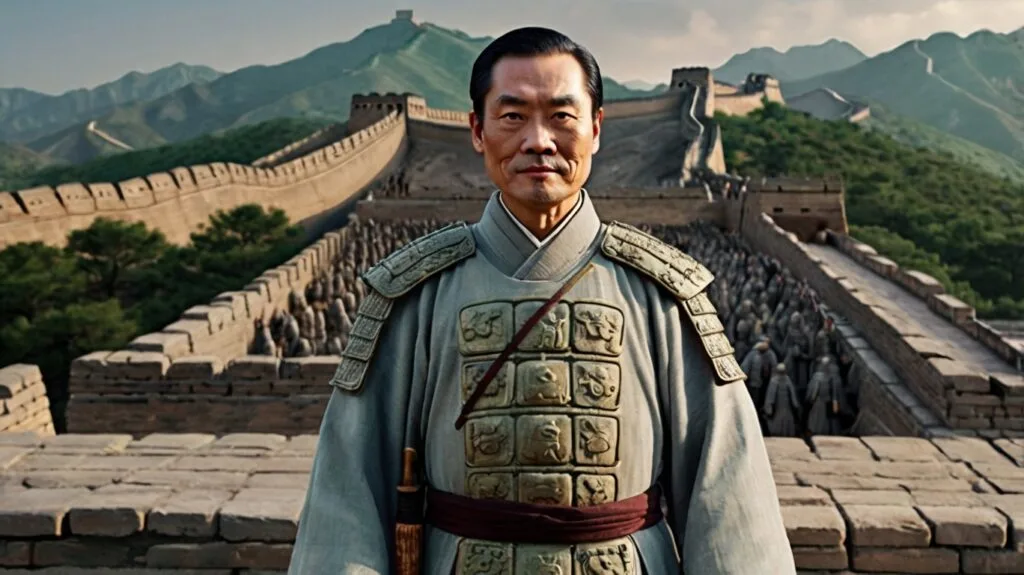
8. Pericles: The Father of Athenian Democracy
Pericles led Athens during its Golden Age, fostering democracy, arts, and architecture. Under his leadership, Athens became a cultural and intellectual hub, exemplified by the construction of the Parthenon. His legacy lies in his contributions to democratic governance and the flourishing of classical Greek culture.
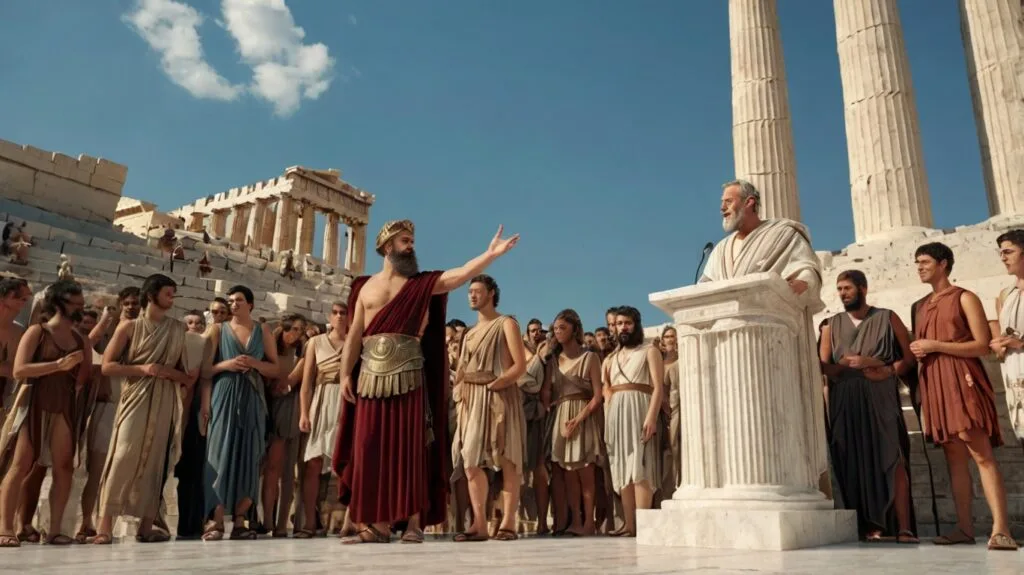
9. Hammurabi: The Lawgiver of Babylon
Hammurabi, the sixth king of Babylon, is best known for the Code of Hammurabi, one of the earliest written legal systems. This code established principles of justice and fairness that influenced future legal systems. Hammurabi’s legacy endures as a pioneer of law and order.
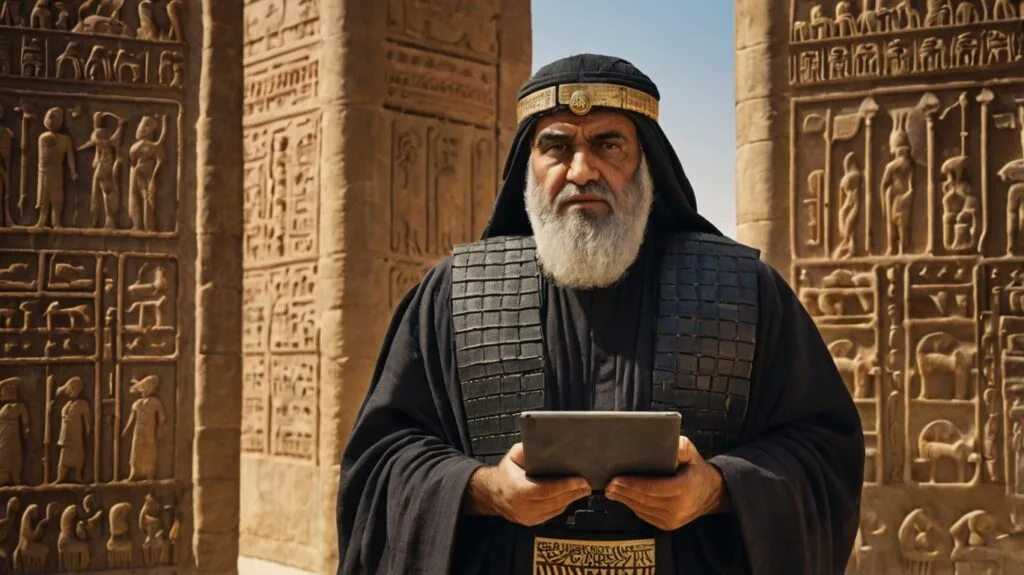
10. Genghis Khan: The Mongol Conqueror
Though not from the distant ancient world, Genghis Khan’s impact warrants mention. He established the largest contiguous empire in history, connecting East and West through trade and cultural exchange. His legacy includes innovations in warfare, administration, and diplomacy.
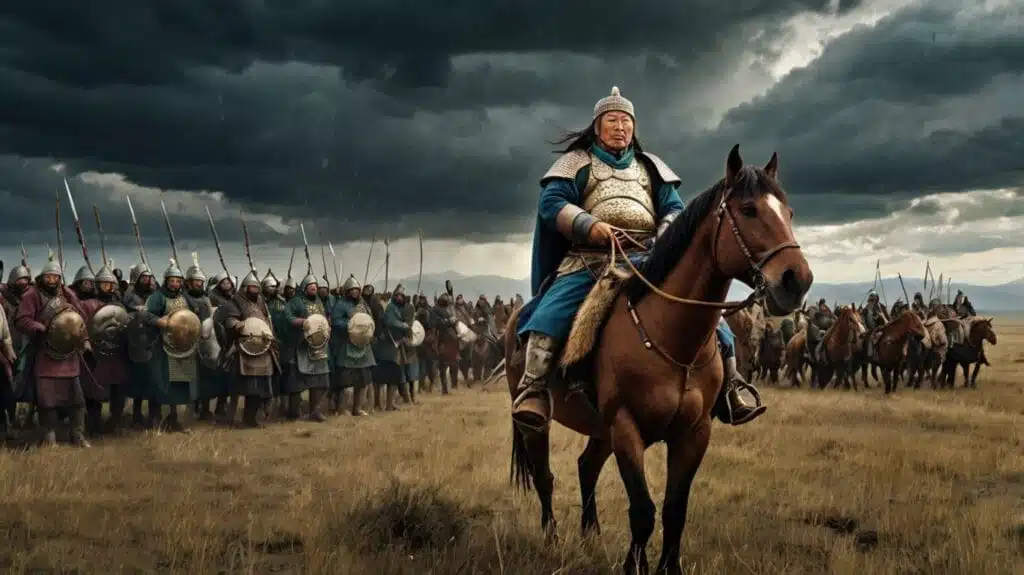
Click Below To Watch Full Story
https://www.youtube.com/@EchoesofAntiquity-egypt/videos
-
10 Forbidden Archaeological Discoveries That Scientists Can’t Explain
10 Forbidden Archaeological Discoveries That Scientists Can’t Explain Introduction Human history is supposed to follow a simple timeline:primitive → advanced → modern.But…
-
10 Mysterious Lost Civilizations That Will Amaze You
10 Mysterious Lost Civilizations That Will Amaze You Lost civilizations have always fascinated historians, archaeologists, and curious minds. These ancient societies shaped…
-
The Ancient Robots: Did Lost Civilizations Build Machines Before Modern Times?
What if ancient civilizations built Ancient Robots thousands of years before modern technology even existed? It sounds like science fiction—but ancient texts,…
-
Ancient Supercomputers? The Mysterious Devices That Shouldn’t Exist
Table of Contents Introduction: Ancient Tech Beyond Imagination What if we told you that some ancient civilizations may have created technology so…
-
The Ancient Sound Weapons: Did Lost Civilizations Master Sonic Warfare?
Introduction Ancient Sound Weapons What if ancient civilizations possessed weapons so advanced, they could shatter stone walls—or even minds—using nothing but sound?…
-
They Found a Lost City Beneath the Pyramids… And It Changes Everything We Know About History
🌍 Table of Contents 🏛️ Introduction: A Hidden City Awakes For generations, the Great Pyramids of Giza have captivated the world. But…

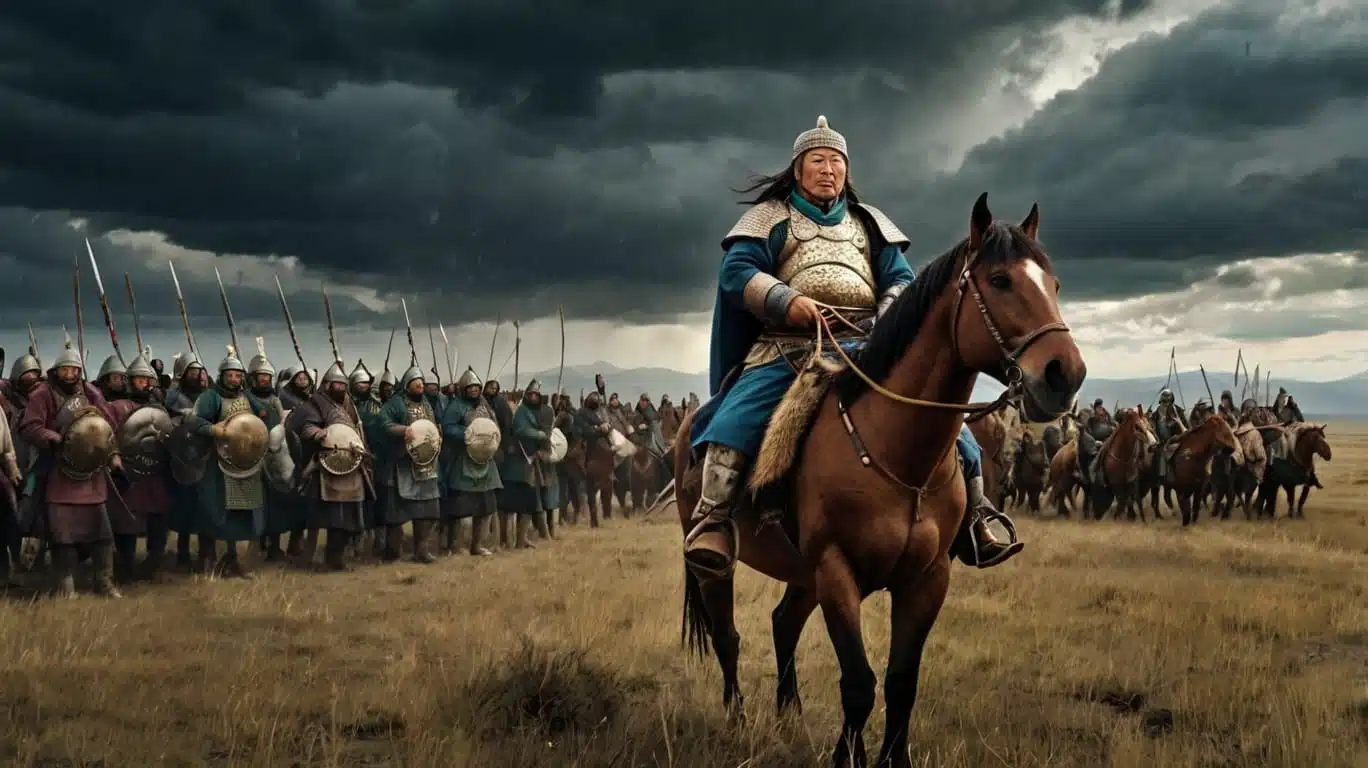
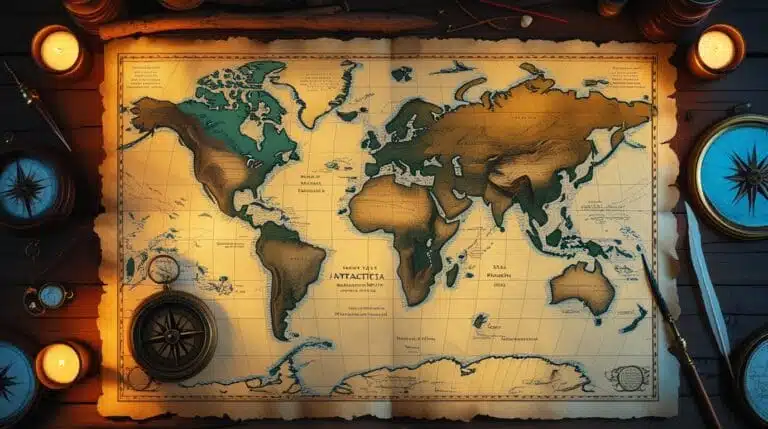


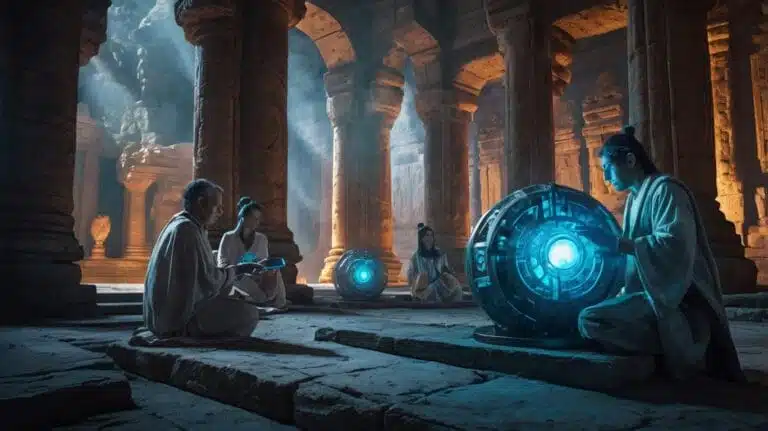

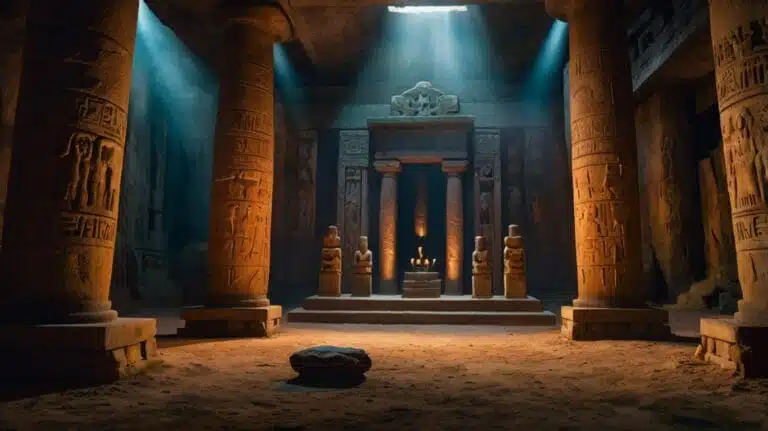
I quite like looking through an article that can make people
think. Also, many thanks for allowing me to comment!
Hi i am kavin, its my first occasion to commenting anyplace,
when i read this piece of writing i thought i could also
create comment due to this good paragraph.
I am glad to be a visitant of this sodding website! , appreciate it for this rare info ! .